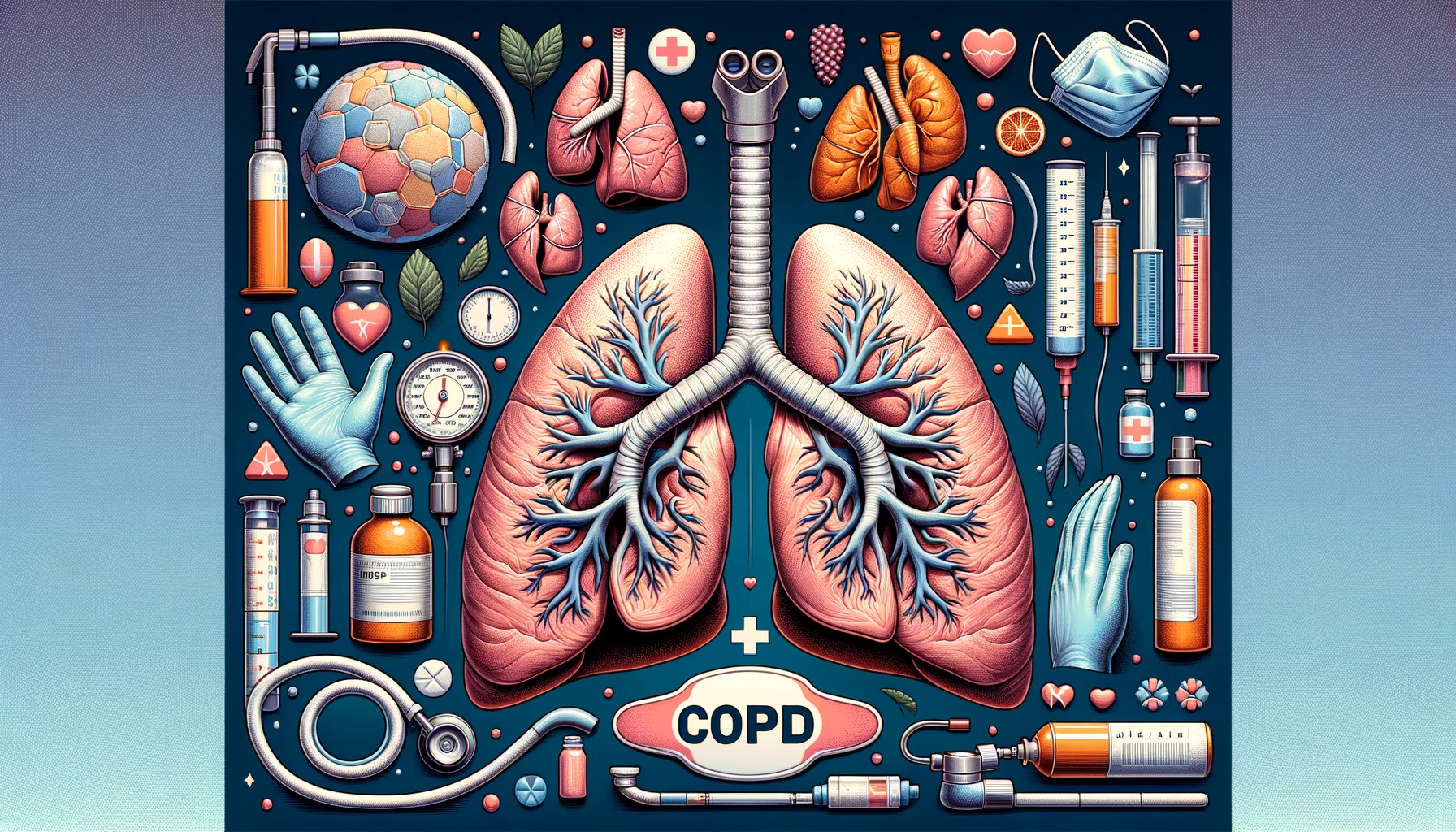Asthma is a chronic respiratory condition characterized by inflammation and narrowing of the airways, leading to symptoms such as wheezing, shortness of breath, chest tightness, and coughing.

Blog
Worst Food for Asthma: What to Avoid for Better Respiratory Health
Asthma is a chronic respiratory condition characterized by inflammation and narrowing of the airways, leading to symptoms such as wheezing, shortness of breath, chest tightness, and coughing. While asthma triggers vary from person to person, certain foods can exacerbate symptoms and should be avoided to maintain better respiratory health.
Diet plays a crucial role in managing asthma symptoms and overall respiratory health. Certain foods can trigger inflammation and allergic reactions in the body, leading to asthma flare-ups and breathing difficulties. Understanding which foods to avoid can help individuals with asthma better control their condition and minimize the risk of exacerbations.
Dairy foods such as milk, cheese, and yogurt can increase mucus production and contribute to airway inflammation in individuals with asthma. Opting for dairy alternatives such as almond milk or soy yogurt may be beneficial for those with dairy sensitivities.
Processed foods high in preservatives, additives, and artificial ingredients can trigger asthma symptoms and worsen respiratory function. These include packaged snacks, fast food, and ready-to-eat meals. Choosing fresh, whole foods whenever possible can help minimize exposure to asthma-triggering compounds.
Sulfites are commonly used as preservatives in various foods and beverages, including dried fruits, processed meats, wine, and certain condiments. Sulfites can cause allergic reactions and asthma symptoms in sensitive individuals. Reading food labels carefully and avoiding sulfite-containing products can help prevent asthma flare-ups.
High-sodium foods such as salty snacks, processed meats, and canned soups can contribute to airway inflammation and worsen asthma symptoms. Limiting salt intake and opting for low-sodium alternatives can help individuals with asthma better manage their condition.
Fried foods, including deep-fried snacks, fried chicken, and French fries, contain unhealthy fats and may trigger inflammation in the body. These foods can also contribute to obesity, which is associated with an increased risk of asthma and respiratory problems. Choosing baked, grilled, or steamed options instead of fried foods can promote better respiratory health.
In addition to avoiding the worst foods for asthma, incorporating nutrient-rich, anti-inflammatory foods into your diet can help support respiratory health and reduce the frequency and severity of asthma symptoms. These include:
Rich in antioxidants and vitamins, fruits and vegetables help reduce inflammation and strengthen the immune system.
Found in fatty fish, flaxseeds, and walnuts, omega-3s have anti-inflammatory properties that may benefit individuals with asthma.
Choose lean sources of protein such as poultry, fish, beans, and legumes to support muscle strength and respiratory function.
High-fiber whole grains such as quinoa, brown rice, and oats provide essential nutrients and help stabilize blood sugar levels.
Making informed dietary choices is essential for managing asthma and reducing the risk of asthma attacks. By avoiding the worst foods for asthma and incorporating healthy, anti-inflammatory options into your diet, you can support better respiratory health and enjoy improved quality of life. Consult with a healthcare professional or registered dietitian for personalized nutrition advice and asthma management strategies.
High-fiber whole grains such as quinoa, brown rice, and oats provide essential nutrients and help stabilize blood sugar levels.
Diet plays a crucial role in managing asthma symptoms and overall respiratory health. Certain foods can trigger inflammation and allergic reactions in the body, leading to asthma flare-ups and breathing difficulties. Understanding which foods to avoid can help individuals with asthma better control their condition and minimize the risk of exacerbations.
This section covers The Worst Foods for Asthma in detail.
Need Personalized Health Guidance?
Get expert advice tailored to your specific health needs from our qualified healthcare professionals.





